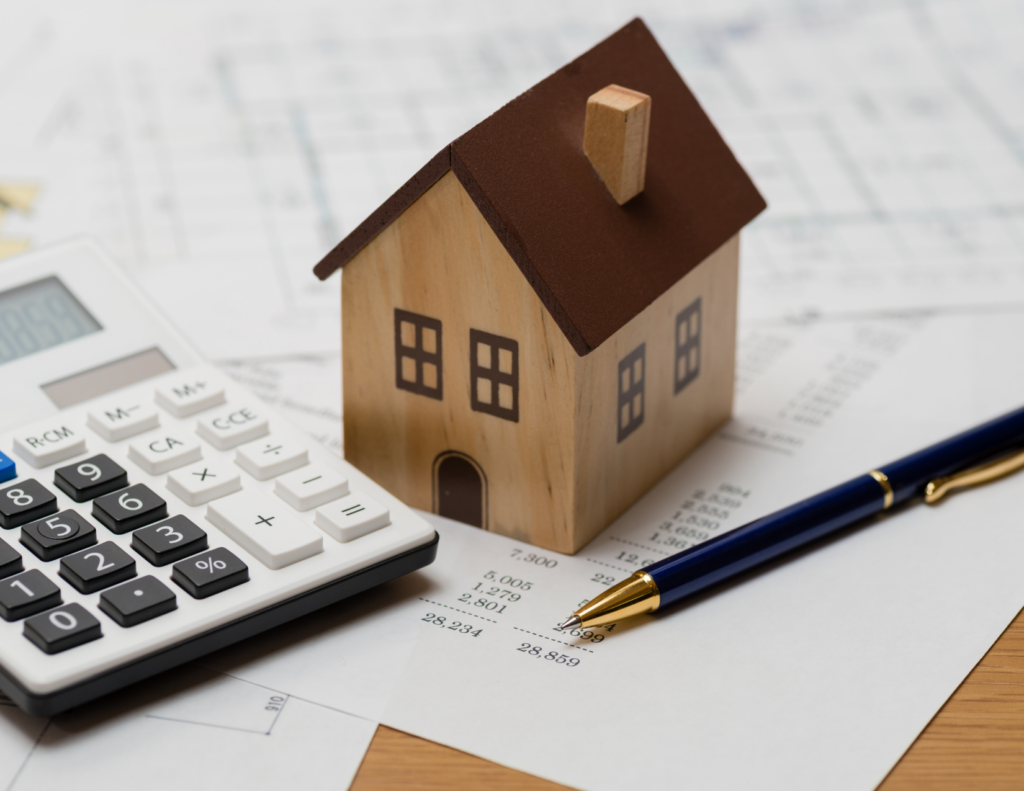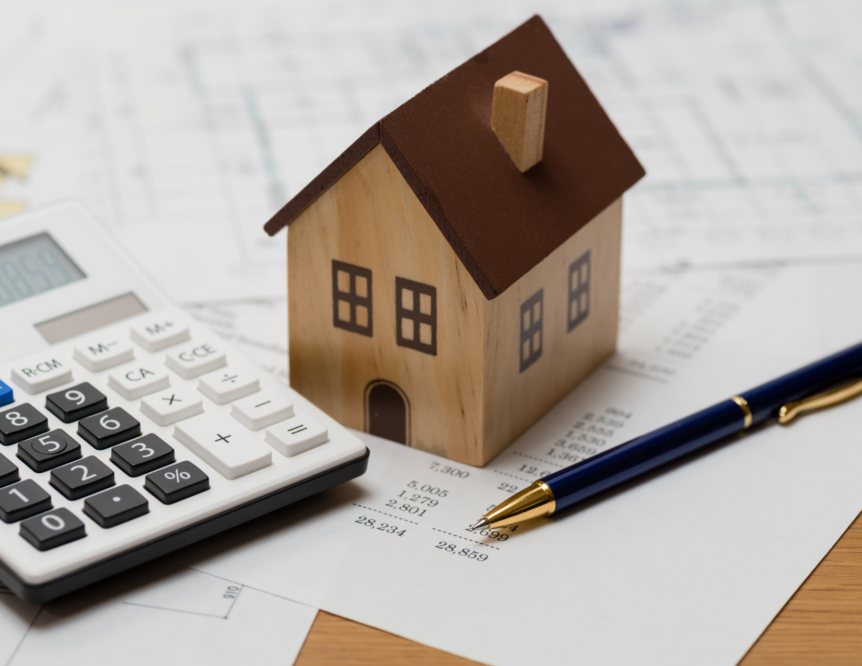When discussing home insurance, many homeowners think about obvious factors like location and coverage levels. However, several unexpected elements can significantly affect your premiums. Understanding these factors can help you make informed decisions about your coverage and potentially save money… Check out our guide below.
Questions? Reach out to one of our knowledgeable agents. We’re eager to set you up with the right coverage and rate!

1. Credit Score
Your credit score doesn’t just impact loan approvals; it also influences your home insurance premiums. Insurers often rely on credit-based insurance scores to gauge risk, and those with higher scores may enjoy lower premiums. For example, a homeowner with a credit score above 700 might pay significantly less than someone with a score below 600. To maintain a good credit score, pay bills on time, reduce debt, and check your credit report regularly for inaccuracies.
2. Home-Based Business
If you operate a business from home—whether it’s a consulting service or an Etsy shop—your standard home insurance policy might not cover business-related losses. Insurers consider these businesses higher risk, as they can increase the likelihood of liability claims. For instance, if a client were to get injured on your property during a business meeting, your home insurance might not cover it. Speak with your insurance agent about adding a business endorsement or getting a separate business insurance policy to ensure full coverage.
3. Pets
While pets bring joy, they can also raise your home insurance costs. Certain dog breeds—such as Pit Bulls, Rottweilers, and Doberman Pinschers—are considered high-risk due to the potential for aggression. Homeowners may face increased premiums or even exclusions from coverage. In fact, some insurers might not cover homes with these breeds at all. If you’re a pet owner, discuss your situation with your insurer to understand any implications for your policy.
4. Renovations and Upgrades
Home renovations can have a dual impact on your insurance costs. While increasing your home’s value can raise your premiums, certain upgrades might actually lower them. For example:
New Roof: Installing a durable roof can protect against severe weather and reduce the likelihood of claims, leading to discounts.
Security Systems: Adding a monitored security system can significantly lower premiums, as it reduces the risk of theft.
Fire Safety Upgrades: Installing smoke detectors and sprinkler systems can also result in premium reductions. Always inform your insurer about major renovations to ensure your coverage accurately reflects your home’s value.
5. Local Crime Rates
Your home’s neighborhood plays a critical role in determining your insurance costs. Insurers evaluate local crime rates, particularly those related to burglary and vandalism, when calculating premiums. For instance, if you live in an area with a high burglary rate, your premiums may be higher. To mitigate this risk, consider enhancing your home security with alarms, cameras, and neighborhood watch programs. Not only can this reduce your premiums, but it also increases the safety of your community.
By understanding these unexpected factors, you can better manage your home insurance costs and make strategic decisions about your coverage. Regularly review your policy, maintain good credit, and proactively make improvements to your home. For tailored advice, consult with your insurance agent to optimize your coverage and potentially lower your premiums.
This article is for informational purposes only. You should not act based on this information without first consulting with your insurance agent; if you would like a quote from a Cornerstone Insurance Agency licensed agent, contact us. We disclaim all liability for actions taken or not taken by you based on the contents of this article which is provided “as is.” Cornerstone makes no representation that this content is error-free.

